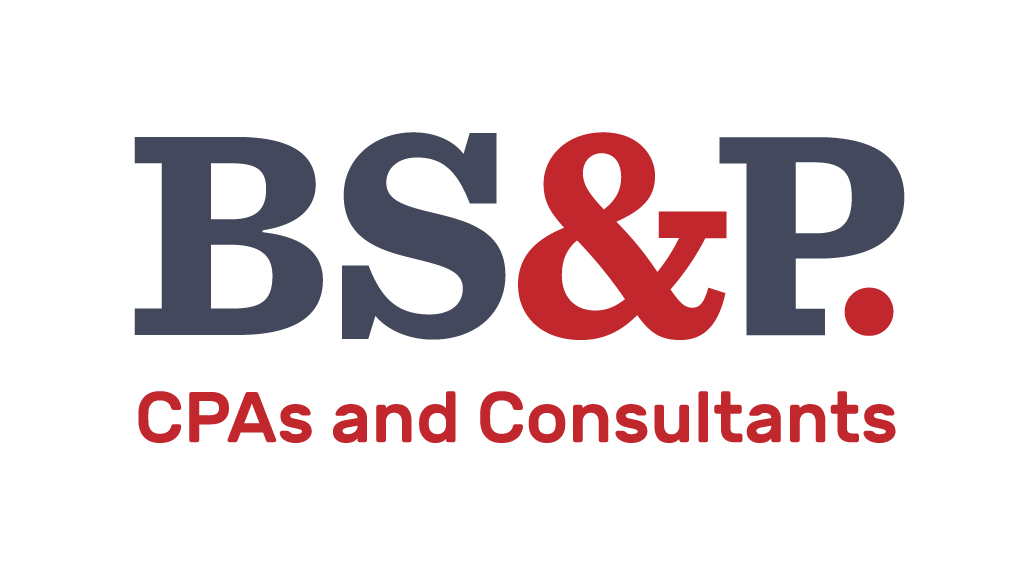Congress has recently passed the “CARES Act” which is a $2 trillion stimulus package to help deal with the economic fallout from the coronavirus pandemic. The president is expected to sign it shortly. The main provisions include:
- $250 billion for direct payments to individuals and families
- $350 billion in small business loans
- $250 billion in unemployment insurance benefits
- $500 billion in loans for distressed companies
While the exact mechanics of how these programs will be run are still being decided, the bill will provide a one-time direct payment of $1,200 to single individuals who earn $75,000 or less and $2,400 to married couples earning $150,000 or less. There is also an additional $500 per child. There are phase outs for taxpayers who earn more than these thresholds; payments are phased out entirely for single individuals with income of $99,000 and married couple without children with income of $198,000. The payments will also be given to those who have no taxable income, such as those whose income is solely from Social Security.
Other important provisions in the bill:
- Student loan payments will be suspended without penalty through September 30th
- The 10% early withdrawal penalty will be waived on distributions of up to $100,000 for coronavirus related purposes, retroactive to January 1st
- Unemployment benefits will be extended to four months and give weekly benefits of up to $600 on top of any state benefits. The benefits also cover more types of workers, including self-employed individuals.
- Companies with 500 or fewer employees that maintain their payroll can receive up to 8 weeks of cash-flow assistance. If employers maintain payroll, the portion of the loans used for payroll, interest on mortgages, rent and utilities would be forgiven
- Employers will be allowed to delay the payment of their 2020 payroll taxes until 2021 and 2022
- Employers who continue to pay furloughed employees may be eligible for a 50% credit on up to $10,000 of wages paid to those employees
- Certain business losses from 2018, 2019 and 2020 may be carried back to the previous five years, which will allow for immediate tax refunds
- There are direct loans available to mid-sized businesses, defined as between 500 and 10,000 employees, as well as non-profit organizations, where no payment will be due for the first six months after the loan is issued
Loans for distressed businesses have additional restrictions to ensure that the funds are used to benefit the workers of the business:
- Companies will not be allowed to buy back stock until one year after the loan is paid back
- Limits on executive bonuses
- The terms of the loan will be made public by the Treasury
This is a summary of the key points that we feel will most impact our clients. If you have any questions about any of the other extensive provisions in this bill, please contact us.
